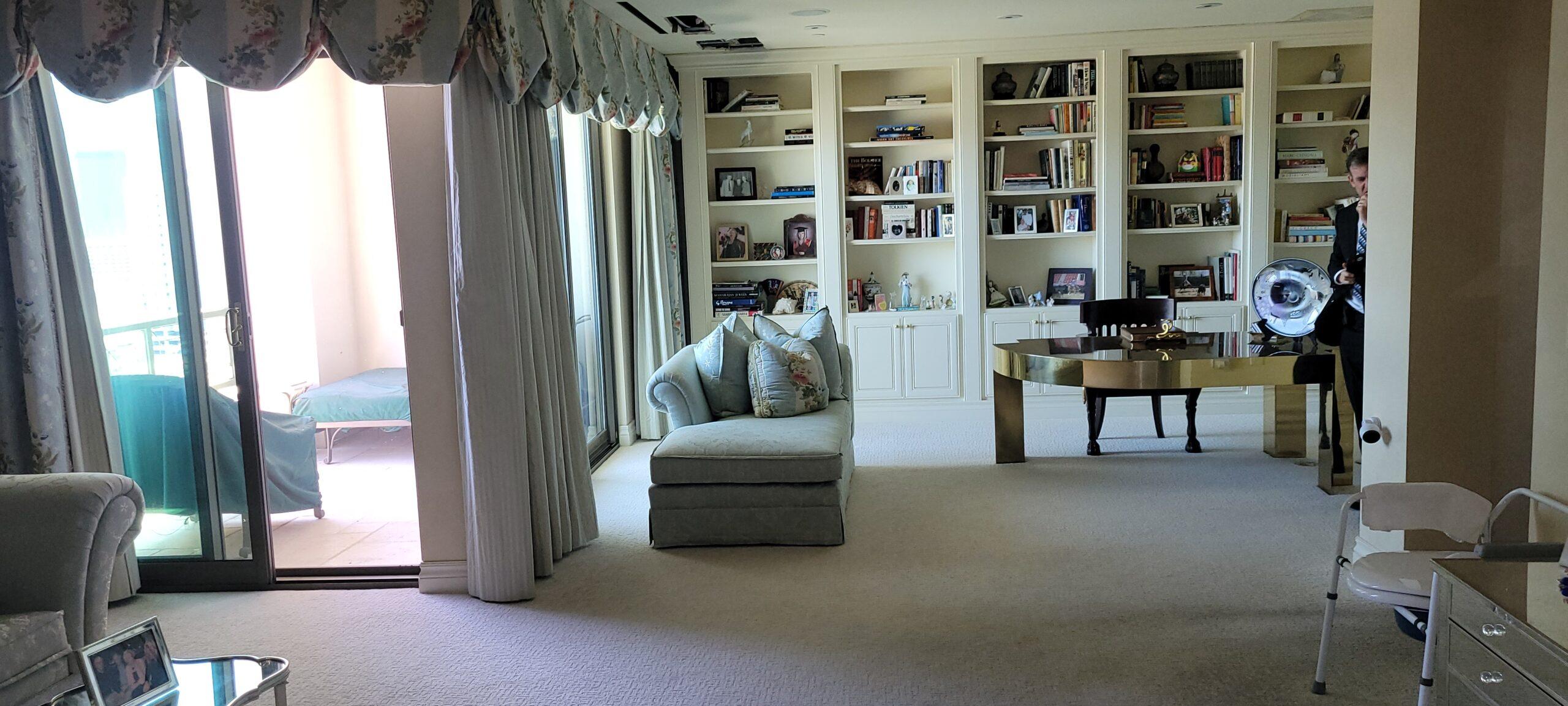What are Mold Tenant Rights
In many cases, a landlord will try to evict a tenant if they discover mold in the property. However, as a tenant, you have certain rights that should be protected. If you believe that your landlord is trying to evict you because of the presence of mold, it is important to know your rights and take action. In this article, we will discuss the mold tenant rights.
Mold is a type of fungi that can grow indoors and outdoors. Mold spores are present in the air and can enter a home through open doors, windows, or vents. Once mold spores land on a wet or damp surface, they can begin to grow. Mold growth is often the result of excessive moisture or humidity in a home.
Mold can cause a variety of health problems, including respiratory problems, allergies, and skin irritation. Some people are more sensitive to mold than others. If you have a mold problem in your home, it is important to take action to address the issue. There are a variety of ways to get rid of mold, including cleaning with bleach or another disinfectant, repairing leaks, and increasing ventilation. If you are unable to get rid of the mold yourself, you may need to hire a professional.

If you’re a tenant, here’s a list of your rights when it comes to mold:
- The right to a mold-free home: As a tenant, you have the right to live in a mold-free home. If you believe that your landlord is not taking action to address a mold problem, you can contact your local health department. The health department can inspect the property and make sure that it meets standards for mold growth.
- The right to withhold rent: In some cases, tenants have the right to withhold rent if their landlord fails to take action to address a mold problem. Withholding rent is a serious step, and you should only do so after consulting with an attorney or your local housing department.
- The right to break your lease: If your landlord refuses to take action to address a mold problem, you may have the right to break your lease. However, breaking your lease can have serious repercussions, so you should consult with an attorney before taking this step.
- The right to sue: If you have been injured by mold, you may have the right to sue your landlord. If you win your case, you may be able to recover damages for your medical expenses, lost wages, and pain and suffering.
- The right to move: In some cases, the only way to address a mold problem is to move. If you have tried other options and your landlord has failed to take action, you may have the right to break your lease and move out of the rental property.
If you believe that your landlord is trying to evict you because of mold, it is important to know your rights. You should also consult with an attorney or your local housing department to discuss your options.
